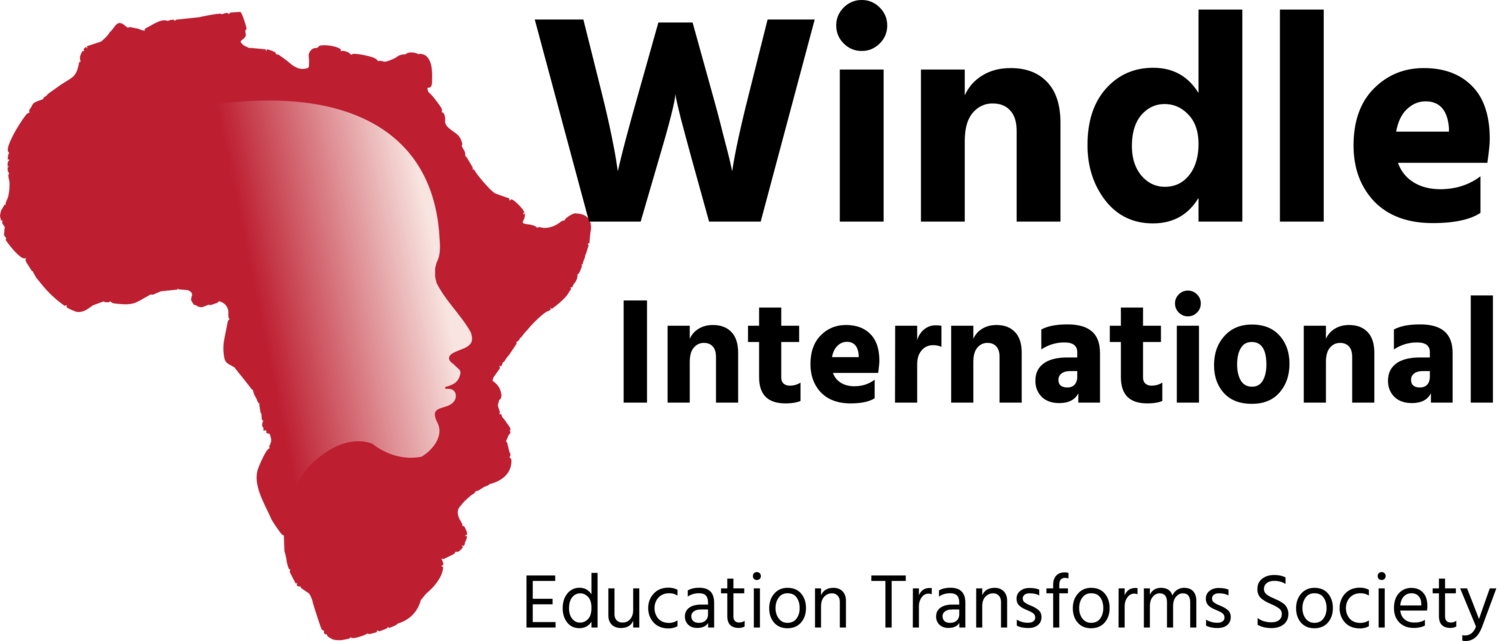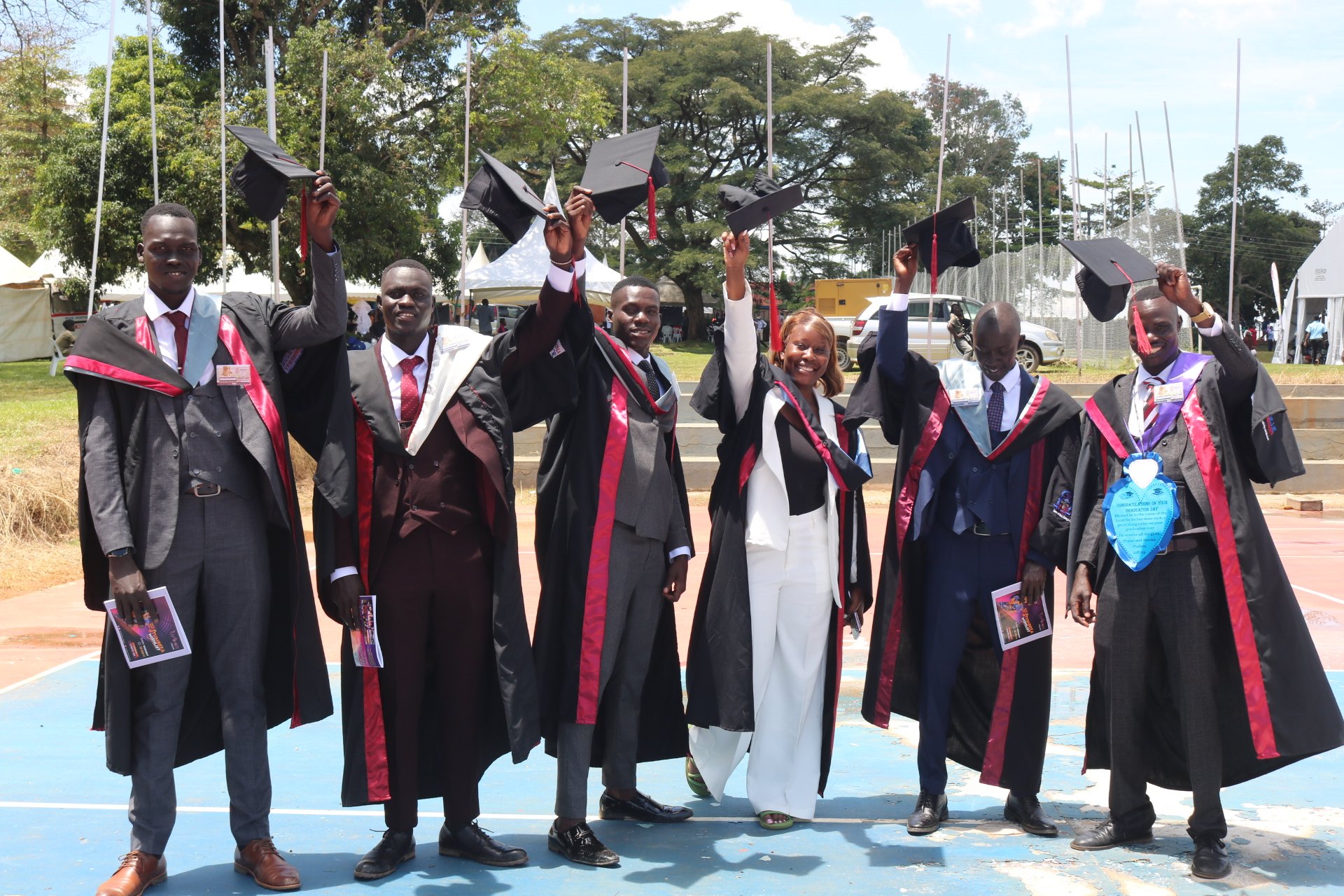
Find out more about our various education and training programmes that we operate across East Africa.
Education - Early Through Secondary
Millions of refugees suffer from interrupted education due to living in a transitory state after fleeing their homes. As a core partner of the UNHCR in refugee camps and host settlements across East Africa, Windle International facilitates education through full-scale management of schools, often including the construction, hiring and training of teachers, and curriculum creation and delivery. We aim to provide the highest quality education so that all students are able to continue their educational journey despite their refugee status.
-
At Windle, we recognise the importance of early childhood development and nurturing learning from a young age. Windle International Uganda operates Early Childhood Development (ECD) centres across the operating locations. These programmes focus on developing social and cognitive skills in a safe environment, with the hopes of creating a strong foundation for lifelong learning.
WIU operated 78 ECD centres in 2023.
-
Primary education offering and management is a cornerstone of Windle programmes in Uganda. Windle International Uganda had a primary school enrolment of over 247,000 students in Q2 2023.
-
Secondary education is a crucial level of education as it combines personal and skills development for children who are at life determining ages. It allows individuals to expand their choice and to improve personal and work-related skills whilst creating a pool of qualified people with the knowledge and skills to contribute significantly to economic development.
-
Educating girls has been proven to lower child marriage rates and improve life outcomes. At Windle International we make a concentrated effort to create specific programming aimed at educating women at all levels.
Click here to read a report about WIU’s work to offer menstrual hygiene management to girls in Uganda.
Tertiary Education
Windle International aims to maximise educational opportunities for refugees and IDPs and providing vocational and professional training is a large part of operations. These programmes allow students to enhance their employability in a practical field in which they are passionate about, as well as contribute to the business cycle within their own communities.
-
Technical and vocational education and training offerings are a cornerstone of Windle operations across East Africa. Programmes such mechanical and water engineering, electrical installation, welding, and fashion and design allow refugee students the opportunity to gain practical and entrepreneurial experience.
Programmes are tailored for students to earn the respective certificate of qualification for their vocation, allowing them to immediately seek employment.
-
Quality education relies on the strength of well-trained teachers. Windle teams are proud to offer teacher training programmes across East Africa.
WIU and WISOM offer teacher training programmes. In Q2 2023, WIU was training 1,200 teachers. WISOM operates an “on-the-job” training model.
Click here to read a report on the importance of teacher training.
-
Accelerated education programmes allow students to complete certain degree levels at a faster pace. This enables students to hone their skills and make themselves immediately employable.
Scholarship Management
-
The Albert Einstein German Academic Refugee Initiative Fund, commonly known as the DAFI Scholarship programme, offers refuge students an opportunity to pursue undergraduate-level training in their country of asylum. Windle is responsible for the administration of these scholarships in Kenya and Uganda, including recipient selection, university placement, and in-program mentorship. WIK manages the DAFI programme in close conjunction with the UNHCR and Government of Kenya
In 2023, there were 612 DAFI scholars in Kenya.
-
Early Childhood Education
-

Primary Education
This report outlines work in Uganda to promote inclusive primary education.
-

Girls Education Programme
Read more about our work to promote girls’ education here.
-
Secondary Education
-
Teacher Training and Continuous Development
-
Accelerated Education Programme
-

TVET and Complementary Pathways




